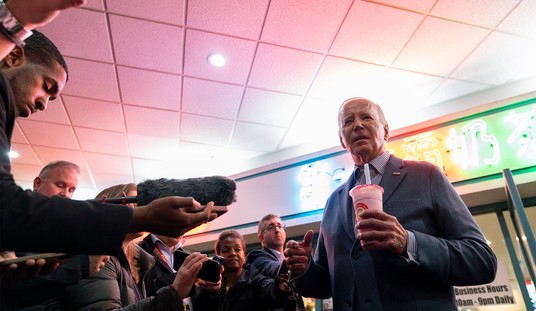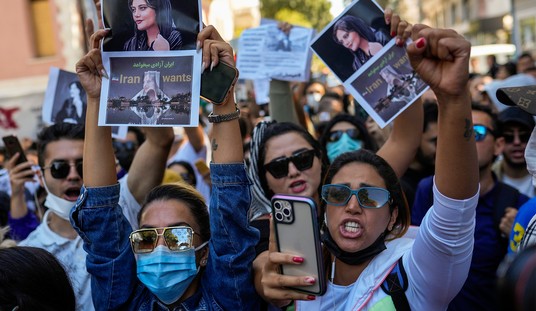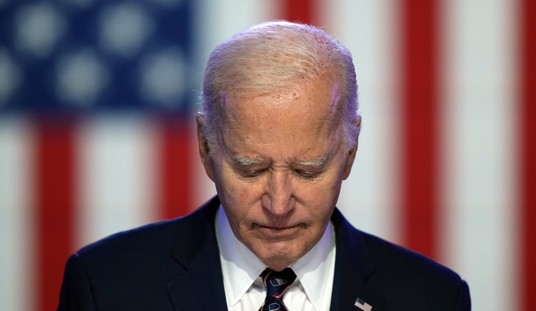"Let the Palestinian people go": What younger Jews will be asking of Israel at Passover Seder http://t.co/20tFU6lb3c pic.twitter.com/VPinmtMrfw
— Glenn (@onhuronia) March 27, 2015
Recently I engaged in an interesting Twitter conversation on the ability to confirm a religion’s biblical veracity. My editor, David Swindle, had been approached by Mormons a few days prior and was seeking out further explanation to understand how the Book of Mormon confirmed or contradicted the Word of God. The gentleman he engaged could not answer his question, so I stepped in with Deuteronomy 18:17-22: The Spirit of God does not contradict the Word of God. That is the test of any faith, religion, or spiritual leader claiming to represent the God of the Bible. God is One, He cannot contradict Himself. If a person claims to speak for God, their words better match His, plain and simple.
This concept has been tailored over time in Judaism due to the horrors of diasporas, invasions, and Temple destructions. The scholarly culture that began codifying the oral law that would become the Talmud eventually proclaimed themselves the inheritors of the gift of prophetic interpretation. In a bureaucratic coup, these ancestors of today’s rabbis took command of the prophetic role from God’s hands. Hence, today’s Judaism is informed by the concepts that the biblical manifestation of the prophet died with the second Temple, and the Talmud (Rabbinic oral law) is the equivalent of the Torah, leaving religious authority within the realm of the rabbis.
Yet, Torah teaches us that all human beings fail and that spiritual leaders schooled in this truth are held to a higher standard of behavior, because of their willful acknowledgement of and commitment to this truth. Knowing this, we are to be even more vigilant when it comes to scrutinizing our teachers and their teachings. That doesn’t mean, however, that we are free to judge each other in the process. Being human, we are far too susceptible to getting caught up in the cult of leader-worship, leaving us vulnerable to criticism when our leader fails.
Take, for example, the Forward’s Jay Michaelson questioning why adherents of disgraced Rabbi Barry Freundel didn’t come forward with their suspicions sooner:
How can some of our community’s leading (if self-appointed) cultural sages lionize and valorize someone who, in fact, they didn’t really know that well? …I also wonder what criteria we use to evaluate our spiritual leaders when a serial sex offender can sneak past them. …There are questions that should have been asked, suspicions that should have been raised. But the self-reinforcing loops of elite power — X likes him, X is powerful, therefore I should like him — blinded those entrusted to keep watch.
One of Freundel’s converts, Bethany Mandel, treats Michaelson’s observation as a criticism of her own ability to judge Freundel’s character, while illustrating that as a convert she was the one being judged in turn:
To be clear, Freundel had a great deal of power over us, but while he could sometimes be controlling and manipulative, he could also be our greatest defender. I will never forget the evening when my then-boyfriend and I agreed to host another couple for a meal…. Upon learning of my status as a convert-in-process, the couple refused to eat my food without hearing directly from the rabbi that it was safe according to the laws of kashrut. My then-boyfriend, a friend and the husband literally ran from Dupont Circle to Georgetown to knock on Freundel’s door to ask about the status of my food.
This dangerous cycle of judgment and blame makes us all victims of one another instead of family, friends, or event compatriots. We become so caught up in the opinions of others, whether they be rabbis or fellow Jews, that we lose sight of who God is and our true purpose in being a part of the Jewish world.
In the wake of Israel’s elections we are being baited once again by this cycle of judgment and blame. Rabbis now feel compelled to preach politics from the bench to congregants pressured to question their allegiance to the concluding line of the Passover Seder: “Next year in Jerusalem!” Instead of finding unity in our eternal freedom as Jews, we’re squabbling over political leaders who will come and go. Instead of taking joy in one another, we’re seeking authoritative approval of our political opinions. Instead of rejoicing in our freedom, we are being bound by the threat of destruction. And when we succumb to the fear we transition from freedom to slavery. This victimhood propels our judgment of and separation from one another.
The rabbinic claim to prophecy should motivate us as a community to engage with the Word of God firsthand, not with the goal of disproving one another, but with the aim of being the people God has chosen us to be. When it comes to religious leadership, it is our prerogative to “trust, but verify.” We cannot be blamed for the failings of others. But we are answerable to God for our own actions, and judging one another is not in His playbook.








Join the conversation as a VIP Member